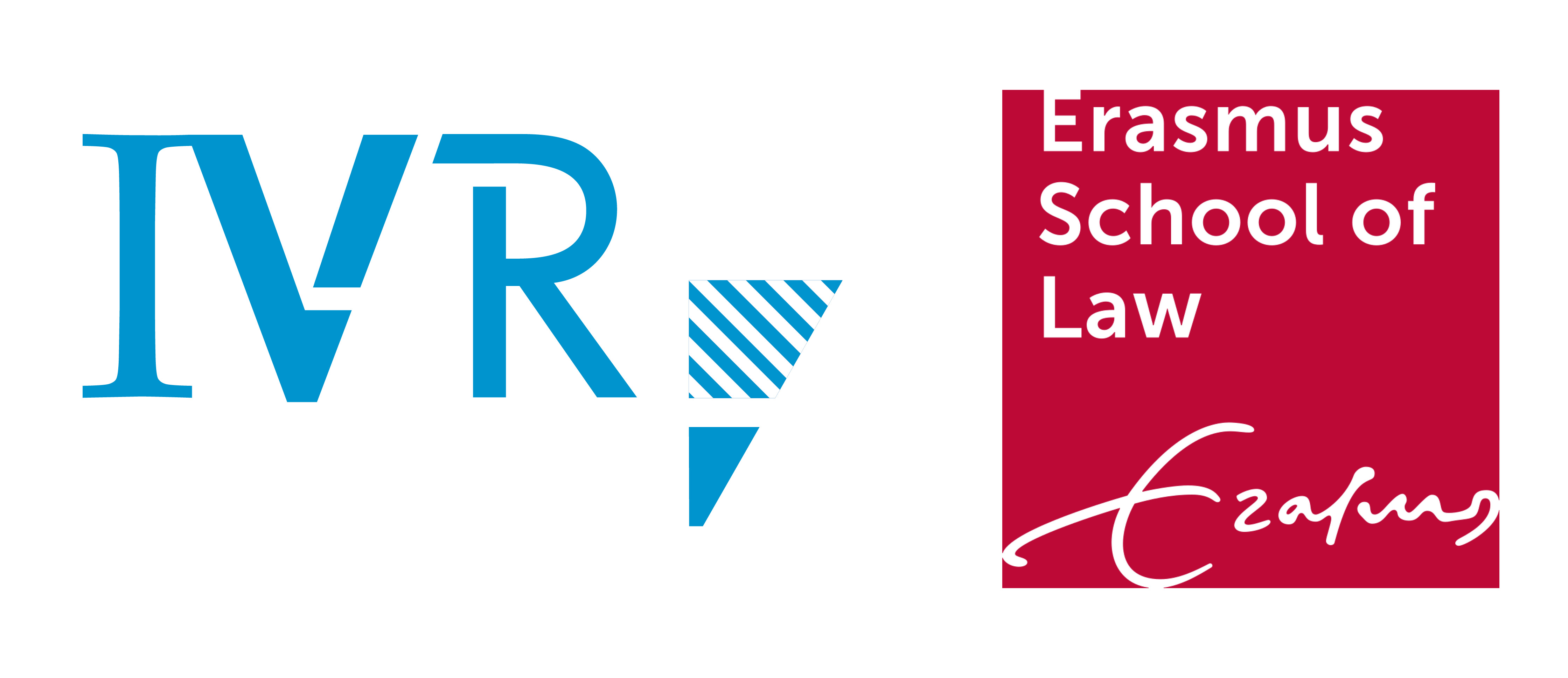Inland Shipping Law Conference 2022
On November 3 and 4, 2022, the Inland Shipping Law Conference 2022 took place in the vibrant city of Rotterdam – home to Europe’s largest seaport and an important hub for inland navigation. At the VNAB (Dutch Insurance Exchange Association), IVR and Erasmus School of Law were able to welcome about 100 participants from over 10 different countries. Amongst them were professionals in law, insurance and technology, several university students and other professionals dealing with or interested in inland shipping law.
During this conference, a panel of international expert speakers gave presentations on recent developments in inland shipping law. Topics like: liability for incidents with dangerous goods, the ‘fault of the vessel’ concept in light of the autonomous future and many more were handled. The presentations were followed by interesting discussions led by various professionals. The first conference day was concluded with a 4-course dinner at the prestigious Schielandshuis, a 17th century national monument, which originally housed the board of directors for the Schieland Water Board.
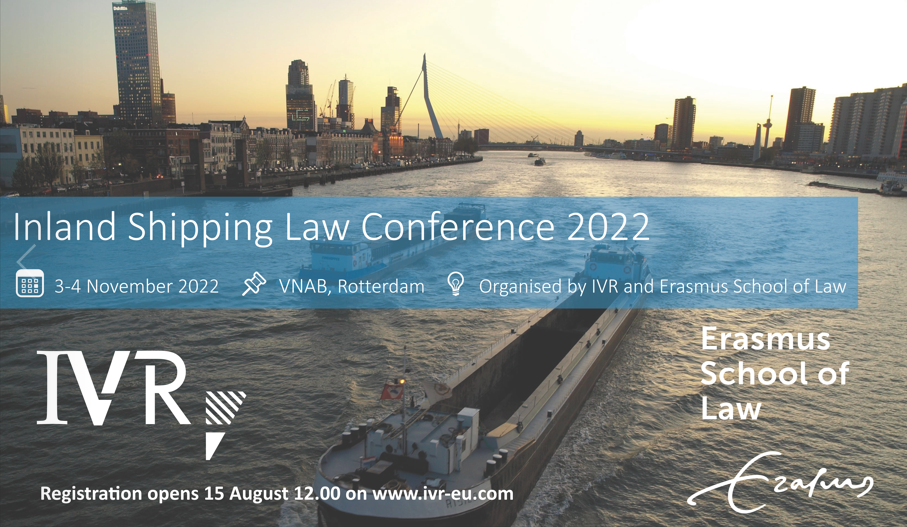
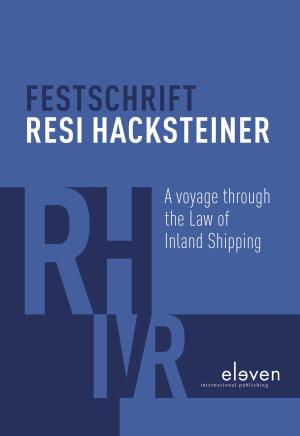
Festschrift Resi Hacksteiner
The motivation behind this conference is the Festschrift Resi Hacksteiner, “A voyage through the Law of Inland Shipping”. The contributions in this Festschrift deal with various subjects of inland navigation law. The authors who contributed to this festive collection were asked to submit their contribution in Dutch, English, German or French, all four languages that Resi masters. This Festschrift is an important contribution to the legal literature on inland navigation law.
Programme
Thursday 3 November 2022
Location: VNAB, Boompjes 251, 3011 XZ Rotterdam
12.00 – 12.30 Welcome / Registration
12.15 – 13.00 Lunch
Presentations
13.00 – 13.30 Dr. Frank Stevens
13.30 – 14.00 Dr. Olaf Hartenstein
14.00 – 14.30 Christian Hübner LL.M.
14.30 – 15.00 Discussion – chair Willem Sprenger LL.M
15.00 – 15.30 Break
Presentations
15.30 – 16.00 Dr. Jolien Kruit
16.00 – 16.30 Prof. dr. Frank Smeele
16.30 – 17.00 Discussion – chair Dr. Martin Fischer
17.00 – 18.30 Drinks at VNAB
19.00 – 23.00 Dinner at Schielandhuis (Korte Hoogstraat 31, 3011 GK Rotterdam)
Friday 4 November 2022
Location: VNAB, Boompjes 251, 3011 XZ Rotterdam
Presentations
09.00 – 09.30 Vivian van der Kuil LL.M.
09.30 – 10.00 Dr. Martin Fischer
10.00 – 10.30 Prof. dr. Andreas Maurer
10.30 – 11.00 Discussion – chair Prof. dr. Frank Smeele
11.00 – 11.30 Break
Presentations
11.30 – 12.00 ir. Jochem Nonhebel
12.00 – 12.15 Camilla Domenighini LL.M.
12.15 – 12.30 Sophie Orzechowski LL.M.
12.30 – 13.00 Discussion – chair Dr. Frank Stevens
13.00 Lunch at VNAB
Speakers

Dr. Frank Stevens – Erasmus School of Law
The ‘fault of the vessel’ concept in light of the autonomous future
Both the 1910 Collision Convention and the 1960 Geneva Inland Collision Convention impose liability in case of a ‘fault of the vessel’. But when is a vessel – an innate object – ‘at fault’? Does it require fault or negligence of an identified human being, such as a crew member or the ship owner, or does it also include latent defects of the vessel? When human crew members leave the ship, the interpretation of ‘fault of the vessel’ takes on a whole new relevance.
About Dr. Frank Stevens
Dr. Frank Stevens is Associate Professor at Erasmus School of Law who specialises in maritime and transport law, marine and transport insurance and international commercial law. Previously he was Senior Associate at Roosendaal Keyzer Advocaten.

Dr. Olaf Hartenstein – ARNECKE SIBETH DABELSTEIN
The “fault of the vessel” in the international collision conventions of Brussels (1910) and Geneva (1960) from the point of view of German law – How to maintain or achieve unification?
The international conventions on collisions for maritime and for inland waterway shipping both rely on the concept of the “fault of the vessel”. The German legislator’s way of transposing such conventions into German law has an impact on the German law approach to construe such concept. Particularly in view of situations where vessels may have no crew on board, there arises the question if and how the conventions can maintain or achieve their goal of unification of law.
About Dr. Olaf Hartenstein
Dr. Olaf Hartenstein, born 1972, is lawyer in Hamburg since 2004, and partner with the law firm ARNECKE SIBETH DABELSTEIN. His areas of practice are maritime and inland waterway shipping law, international transport and commercial law, insurance law, international and European civil procedure. He studied law in Freiburg, Paris and Kiel, spent two years as lecturer at the Paris Institute of Comparative Law, wrote his doctoral thesis in Private International Law and completed his legal clerkship in Hamburg, Bangkok and Beijing.

Christian Hübner LL.M. – Asterias Avocats
The “fault of the vessel” in the law of collision
About Christian Hübner LL.M.
Christian Hübner is a lawyer with particular expertise in river law and insurance law. Christian is also a maritime arbitrator at the Chambre Arbitrale Maritime de Paris and teaches “river law”, as well as “maritime arbitration law” (Universities of Aix-en-Provence, Rouen & Le Havre).

Willem Sprenger LL.M. – Court of Rotterdam
About Willem Sprenger LL.M.
Willem Sprenger (1953) studied law at Utrecht University, the Netherlands. 1978 – 2001 Willem was a member of the bar, working for NautaDutilh.
2001 – 2021 Willem worked as a judge, mainly in the shipping and commercial field, and he still does from time to time. Willem is one of the Dutch judges in the Chamber of Appeal in the Central Commission for the Navigation of the Rhine.
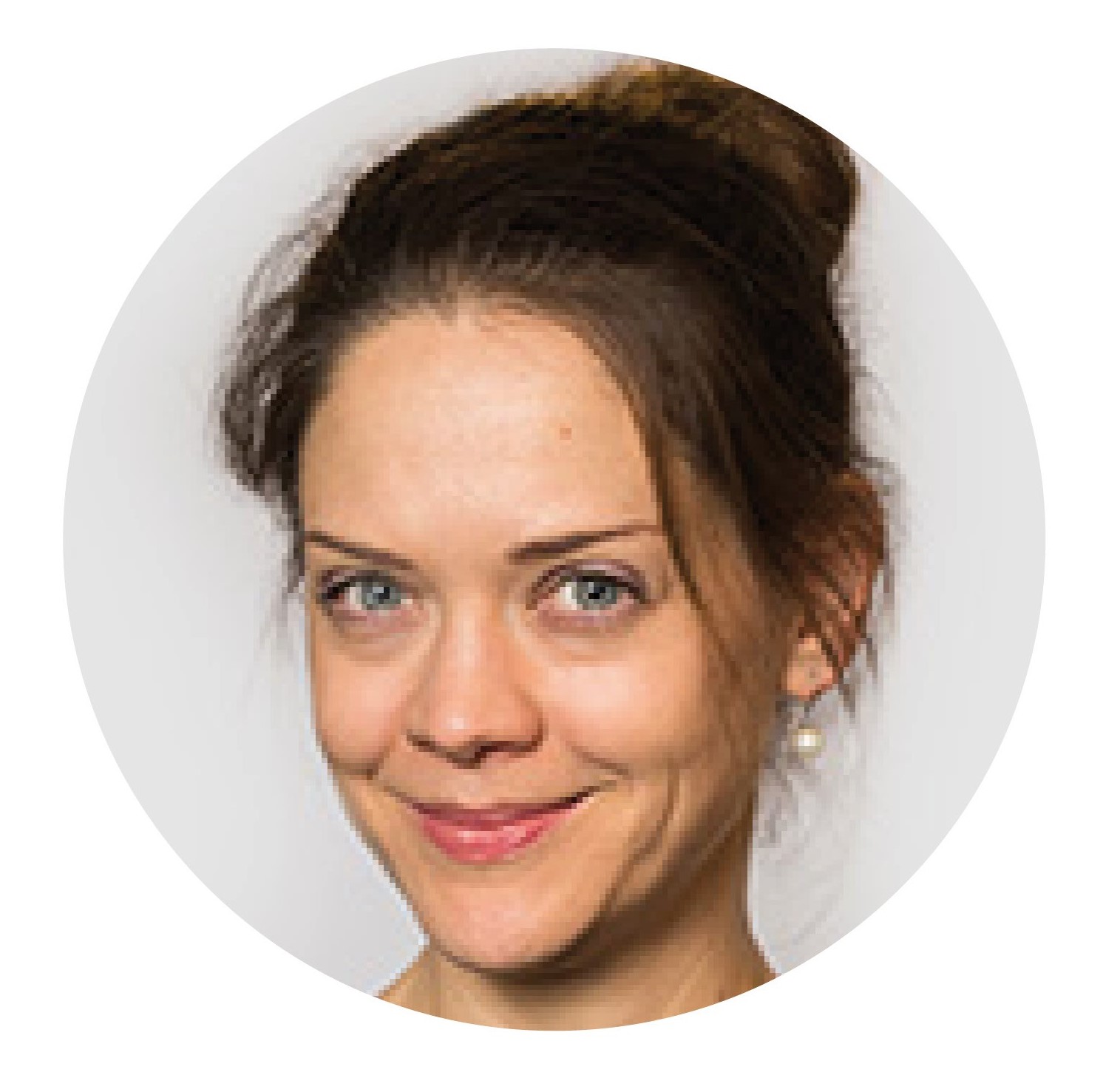
Dr. Jolien Kruit – Van Traa Advocaten
GA – where are we going?
The general average principle, pursuant to which losses and costs under specific circumstances are shared between the parties to the maritime adventure, is well established and frequently applied in inland waterway carriage. The focus is often on the concept’s ancient history. But what about its future? Will general average continue to play its important role in times of further digitalization, automation and decarbonisation, and if so how? Jolien Kruit will discuss these and other questions.
About Dr. Jolien Kruit
Dr. Jolien Kruit is a lawyer at Van Traa Advocaten in Rotterdam. In 2017, Jolien completed her PhD on General Average’s legal basis and applicable law. She regularly publishes and lectures on various maritime law subjects.

Prof. Dr. Frank Smeele – Erasmus School of Law
Liability for incidents with dangerous goods originating from inland vessels
In the absence of uniform law, incidents resulting from the spillage of dangerous goods from inland vessels are highly problematic from a legal point of view. Truly a lawyer’s paradise. In this presentation an analysis is made of the problems that are likely to arise and the probable outcomes are discussed.
About Prof. Dr. Frank Smeele
Since 2007, Frank Smeele holds the chair of Professor of Commercial law at Erasmus School of Law, Erasmus University Rotterdam and he is Director of the Rotterdam Institute for Shipping and Transport Law (RISTL). From 1998 until 2010 he worked as an attorney and partner at Van Traa Advocaten in Rotterdam. In 2017, Frank Smeele was appointed Raadsheer -plaatsvervanger (Deputy Justice) at the Court of Appeal at The Hague. Frank Smeele specialises in shipping and transport law.
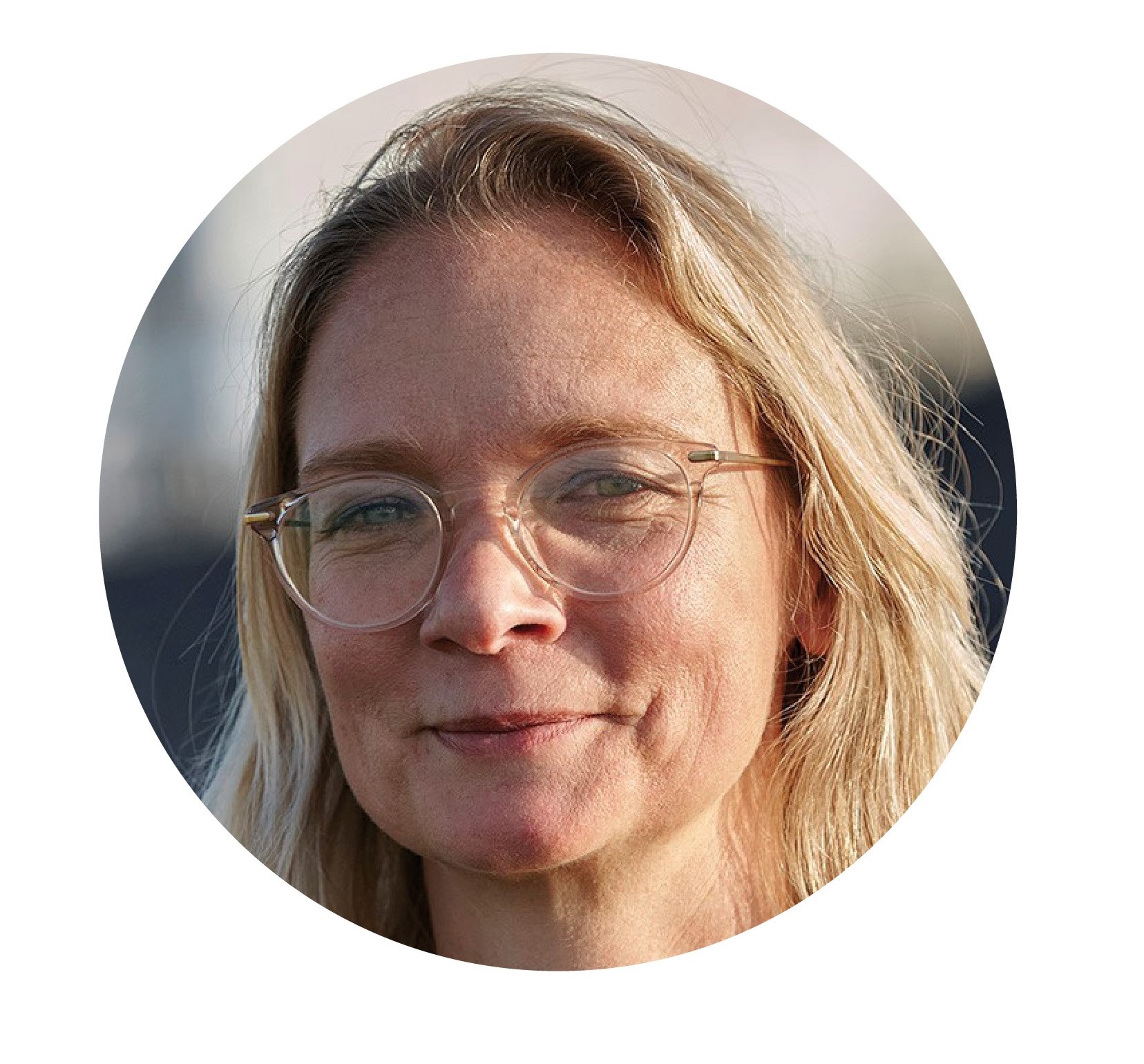
Vivian van der Kuil LL.M. – DECK advocaten & Erasmus School of Law
Global limitation of liability in inland shipping – CLNI: l’histoire se répète?
During the 108th meeting of the legal committee of the IMO a resolution was adopted on the (unified) interpretation of article 4 of the Convention on Limitation of Liability for Maritime Claims (LLMC) 1976 regarding conduct barring limitation. The Strasbourg Convention on the limitation of liability in inland navigation (CLNI) 2012 contains a similar provision. Therefore, the question rises whether and to what extent the resolution on unified interpretation also has significance for the interpretation of the relevant provision of the CLNI. In order to answer this question, it is necessary to look into the history and background of the CLNI. This will be discussed as well as the similarities and differences between both the CLNI and LLMC.
About Vivian van der Kuil LL.M.
Vivian van der Kuil has been working as a maritime lawyer since 2012. She deals with all kinds of maritime casualties with a special focus on limitation of liability. She was involved in cases such as the Baltic Ace/Corvus J and recently the EverGiven. As of 2020 she is also connected to Erasmus School of Law as a PhD candidate. Her research concerns classification societies. She is a member of the Legal Committee of the IVR.

Dr. Martin Fischer – Fischer Rechtsanwalt
Shipping litigation in Germany – About the practical work of a shipping lawyer
Dr. Martin Fischer will report from the practical work of a German lawyer specialised in shipping and transport law. The spectrum and the particularities of various tasks within the scope of his work will be highlighted. In addition, the various types of procedures before the courts, that occur typically in inland navigation law, are presented. The presentation will focus on the rights of the parties involved, the preservation of evidence and intervention. The scope of the course will range from collision law, General Average an freight law, as well as aspects of administrative and criminal law linked to inland waterway transportation.
About Dr. Martin Fischer
Studies, research assistant and doctorate at the Johann Wolfgang Goethe University in Frankfurt. Since 1991 he is independent lawyer, in his law firm for international transport law with focus on inland navigation. Dr. Fischer is a member of numerous shipping associations and board member of the Gesellschaft zur Förderung des Binnenschifffahrtsrechtes an der Universität Mannheim e.V. (GBM) an german association for the promotion of international inland navigation law. Long-time member and since 2013 chair of the Legal Commission of the International Association for the Rhine Ships Register (IVR). Besides numerous publications on international transport law, especially inland navigation law, Dr. Fischer has been the responsible editor of the so-called „Rechtsseiten” (legal pages) of the Zeitschrift für Binnenschifffahrt since 2008, in which decisions and comments on navigation law are published regularly.
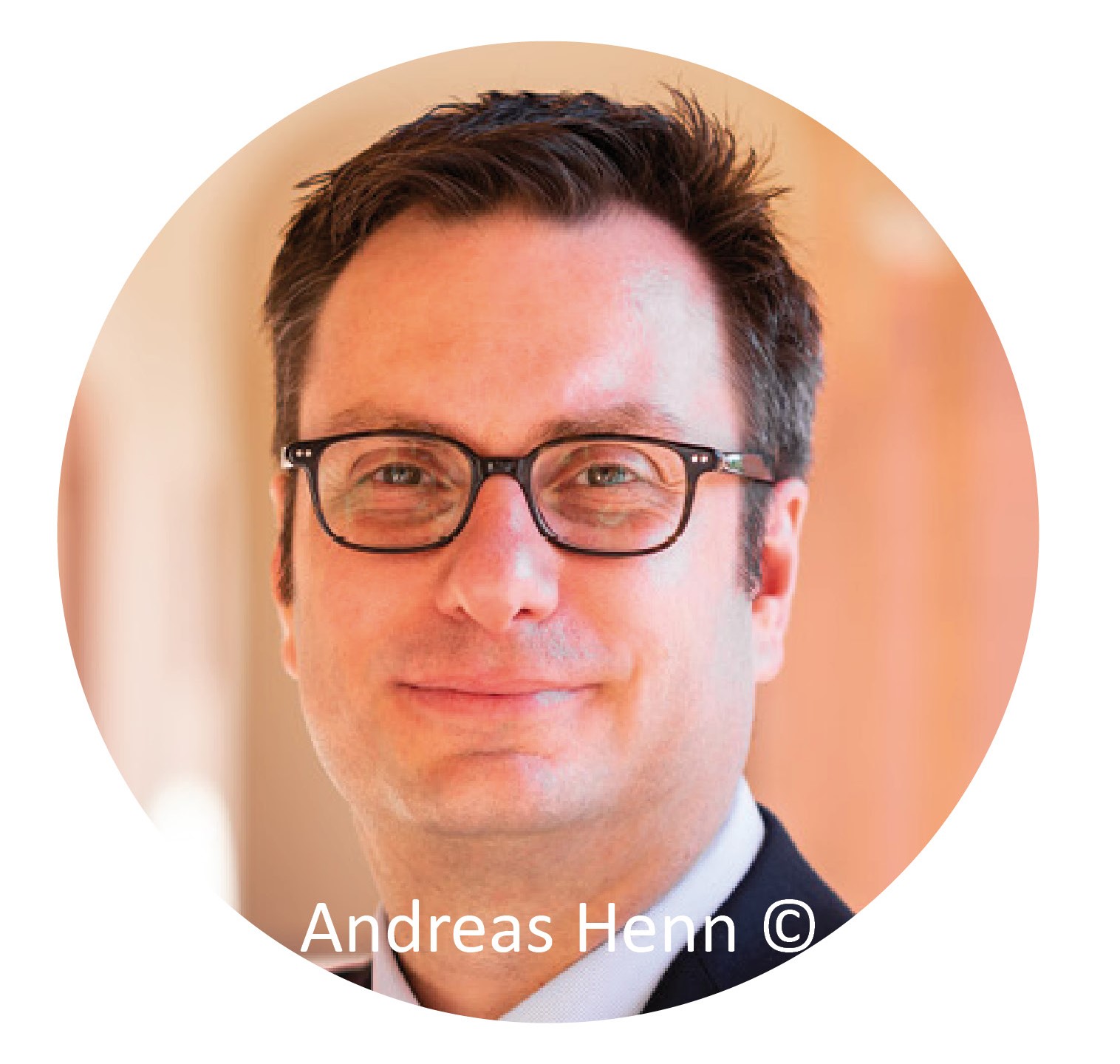
Prof. Dr. Andreas Maurer – University of Mannheim
The role of Arbitration in Inland Navigation
While arbitration plays an important role in international maritime trade, it is less widespread in the area of inland waterway law. Although individual institutions have repeatedly tried to set up institutional arbitration for inland waterway legal disputes in recent years, the demand for alternative dispute resolution in inland waterway transport is apparently less strong. In my presentation, I will first go into the fundamental advantages and disadvantages of arbitration, then present the role of arbitration in the area of international maritime trade and finally discuss the role of arbitral tribunals in the field of inland navigation.
About Prof. Dr. Andreas Maurer
Prof. Dr. Andreas Maurer is Professor at the University of Mannheim, where he holds the chair for Private Law and Transport Law. His research focuses on private law, international trade law, transnational law, transport and maritime law, and legal theory. Prior to that, he served at the Oberlandesgericht (Higher Regional Court) Frankfurt, Germany (2003–2005), and was admitted to the Bar of Frankfurt in 2006. He studied law at the University of Frankfurt, Germany, and subsequently obtained his LL.M. from the Osgoode Hall Law School of York University, Canada, and his Ph.D. from the University of Bremen, Germany.

ir. Jochem Nonhebel – Damen Schelde Naval Shipbuilding
Digitalisation and sustainability
The problems within the maritime sector: shortage of staff and pollution of the environment. Two topics that cry out for solutions, because the number of sailing movements continues to grow. For staff shortages, we expect that machines and robots in combination with smart algorithms can take over a lot of tasks. For pollution we look at alternative fuels: hydrogen, methanol, ammonia, synthetic diesel, electric… What will it be?
Experimenting, trying and actually testing concepts is very important in order to take steps. The importance of short-cycle (rapid) innovation is unprecedented. Startups, dream teams and small businesses in particular have an essential role. They desperately need support from knowledge institutes, governments, authorities and large companies. Featured in this presentation, a short-cycle innovation project on electrification and autonomous sailing with its challenges of both technical and non-technical nature.
About ir. Jochem Nonbebel
ir. Jochem Nonhebel, raised in Brabant, the Netherlands and moved up from VMBO (pre-vocational secondary education) to Technical University. He completed both the bachelor’s degree in Technische Bestuurskunde (Technology, Policy and Management) and Mechanical Engineering in Delft and a master’s degree in Offshore Engineering with a specialization in Structural Engineering. To conclude, Jochem researched LNG-carrying ships in Tokyo for half a year. He is now living in The Hague and working at Damen Naval in Vlissingen, where complex ships are built. As a Techical Specialist he deals with the topics of Digitization and Sustainability. Through rapid innovation, absorption of academic knowledge and integration in industry, he develops knowledge for the Dutch maritime industry. During his studies he practiced top level sport in the ocean sailing discipline for several years, became national champion on the short course several times and sailed internationally under the Dutch flag.

Camilla Domenighini LL.M. – University of Antwerp
Autonomous inland shipping: navigating uncertainty
The presentation will introduce the MSCA ETN AUTOBarge project on autonomous inland shipping. The research aims to set a favourable environment for the development and widespread use of AI navigation systems in inland waterways. Inland navigation is still considered a sustainable means of transport. Still, the lack of innovative solutions implementation may affect its role and share in the freight transport modal split, preventing the desired modal shift from road hauling.
Whilst the introduction of autonomous systems still requires regulatory amendments, it is also important to examine the contractual and liability framework. The inland navigation ecosystem faces the introduction of new actors, i.e. the technology provider or system integrator. This may determine imbalances in the risk distribution and leave room for legal certainty’s erosion. Such a perspective can inhibit private investments and turn away public acceptance.
Thus it is vital to understand which effect the introduction of autonomous navigation may have on the current carriage contract chain and third-party liability for the shipowner. The presentation aims at discussing the preliminary findings on the impact of the implementation of autonomous inland shipping in the light of the CMNI, CLNI 2012 and the 1960 Geneva Collision Convention.
About Camilla Domenighini LL.M.
Camilla Domenighini is a Marie Skłodowska-Curie Actions fellow and Transport Law PhD student at the University of Antwerp, supervised by Prof. dr. Wouter Verheyen and Prof. dr. Christa Sys. She is an early-stage researcher in the ETN AUTObarge project, focusing on tort and contractual issues in implementing autonomous barges for inland navigation. Previously, she graduated in Law at the University of Bologna with a thesis on non-European port investments in Italy.
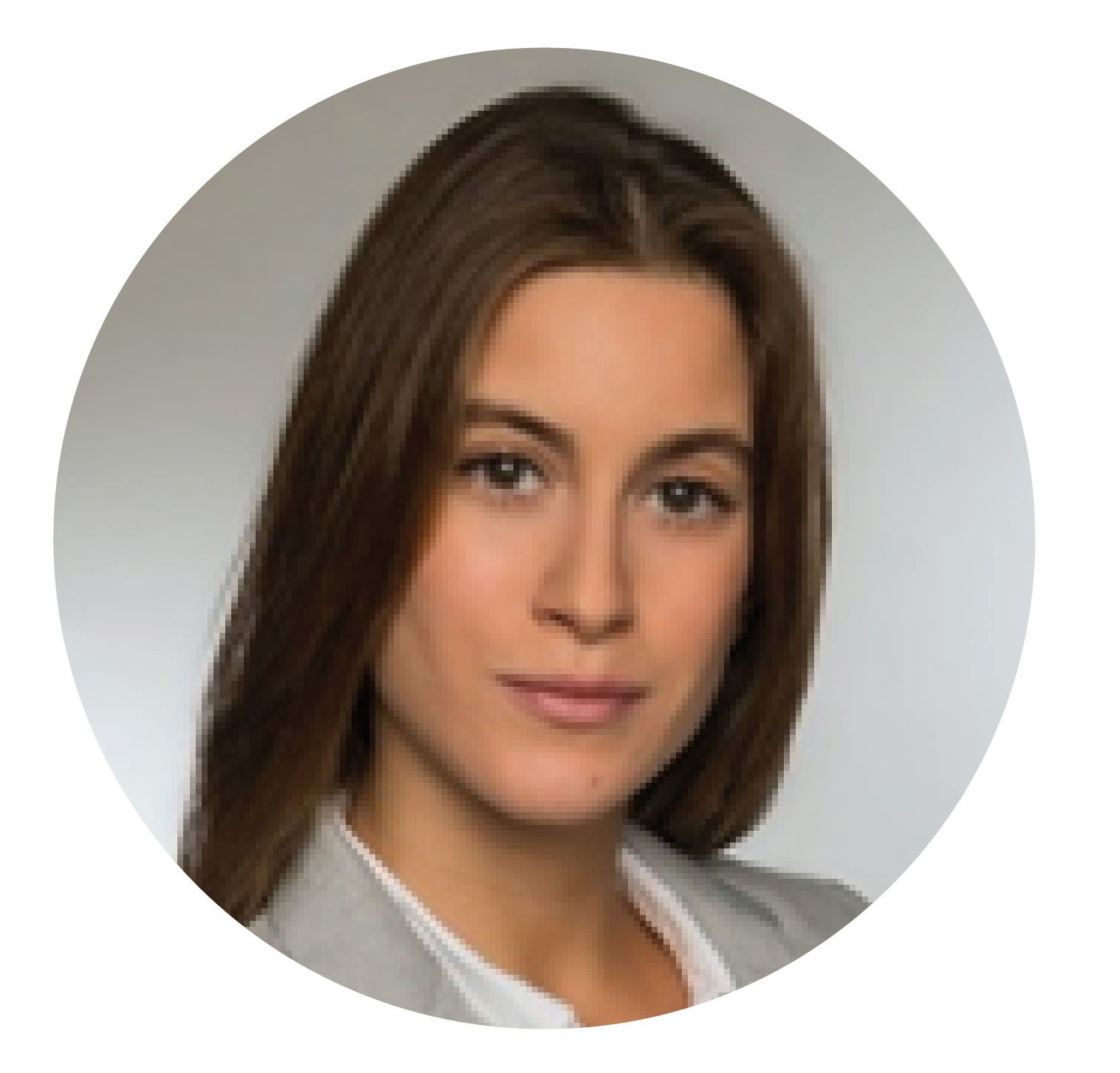
Sophie Orzechowski LL.M. – Institute of International Transport Law
Autonomous inland shipping in Europe: A true challenge for public regulators
With the advancement of new technologies, there is no doubt that sooner or later the European inland waterway sector will be operating autonomously. From a purely technological perspective, autonomous vessels could actually be introduced to the market much earlier than expected based on positive results from recent pilot projects.
However, a market introduction of autonomous vessels will not be possible any time soon. The reason for this is that the inland shipping laws and regulations currently in place in Europe oppose against the operation of autonomous ships, mainly because they are unmanned. Whilst several public regulators have acknowledged the high potential of this new technology, the regulatory work on autonomous inland shipping achieved so far remains limited. This becomes even more evident when turning to the maritime shipping sector where the IMO is already developing a regulatory framework for autonomous seagoing ships.
Apparently, there are several reasons for the rather sluggish process of adapting the current regulatory framework of inland shipping. This presentation highlights the different challenges that need to be overcome at the regulatory level before autonomous inland vessels can be introduced to the market in a way that this new technology not only becomes a commercially feasible innovation but also a true chance for the sector’s modernisation through digital transformation.
About Sophie Orzechowski LL.M.
Sophie Orzechowski is a doctoral student at the University of Antwerp, Faculty of Law. Employed by the Institute of International Transport Law (IDIT) in Rouen, France, her research focus lies within the European research project MSCA ETN AUTOBarge on public regulatory aspects related to autonomous inland shipping. Sophie holds a Bachelor of Laws degree from the University of Luxembourg, and a Master of Laws degree in International Maritime Law from Swansea University, United Kingdom. She has previously worked for the EU in Helsinki in the field of chemical regulations and for an international law firm in Berlin, where she followed recent developments in Law & Innovation in the context of construction disputes.
Downloads
File
Language
Download
Size
File
Language
Download
Size
Price
€ 375,- (excl. VAT)
Applies only for IVR members that register until 18 September
€ 450,- (excl. VAT)
Applies for non-IVR members and IVR members that register after 18 September
€ 75,- (excl. VAT)
Applies only for students
Certificate of Participation
After the event a (digital or hardcopy) Certificate of Participation can be requested via info@ivr-eu.com.
Practical information
Boompjes 251,
3011 XZ Rotterdam
Korte Hoogstraat 31,
3011 GK Rotterdam
Location Inland Shipping Law Conference 2022
VNAB (Vereniging Nederlandse Assurantie Beurs)
Boompjes 251
3011 XZ Rotterdam
The Netherlands
Location Dinner Thursday
Schielandshuis
Korte Hoogstraat 31
3011 GK Rotterdam
The Netherlands
Public transport
VNAB is easily accessible by public transport and within walking distance of train, tram, bus or subway (e.g. stations Leuvehaven or Blaak).
Parking
Parking is possible in one of the following car parks:
Car park de Boompjes
Navigation: Terwenakker 18 (right behind our centre)
Parking places: 623
Car park Erasmusbrug
Navigation: Gedempte Zalmhaven (at Willemsplein, 7 min. walking distance)
Parking places: 327
Car park Wijnstraat
Navigation: Wijnstraat 78 (5 min. walking distance)
Parking places: 163
Car park Markthal
Navigation: Dominee Jan Scharpstraat 306 (Rotterdam Blaak, 7 min. walking distance)
Parking places: 1024
For questions, remarks or suggestions about the Inland Shipping Law Conference 2022, please contact info@ivr-eu.com or call +31(0)10-4011 60 70 (Mon-Fri 08.30 – 17.00)
Hotel offer
Planning on staying the night?
The Inntel Hotel Rotterdam Centre (*4) and Mainport Hotel (*5) have a special offer for guests who are visiting the Inland Shipping Law Conference. Via this link you are able to book a room for a reduced rate. Both hotels are located next to each other and are on a +/- 5 minute walking distance from VNAB.
Inntel Hotel Rotterdam Centre *4
€ 139 City Twin
€ 155 Design Panorama Waterfront
€ 190 Panorama Junior Suite
Mainport Hotel *5
€ 165 City XL King
€ 189 Waterfront Sauna

No rights can be derived from prices mentioned above. Room reservation is based on availability. There are limited rooms available for this reduced rate, so don’t wait too long with your reservation. Prices are per room, including breakfast and excluding city tax. Cancellation policy of the hotel applies.
Please be aware that guests are fully responsible for the reservation and payment of the room and for contact with the hotel regarding their reservation.
IVR and Erasmus School of Law thank you for attending the Inland Shippnig Law Conference!
